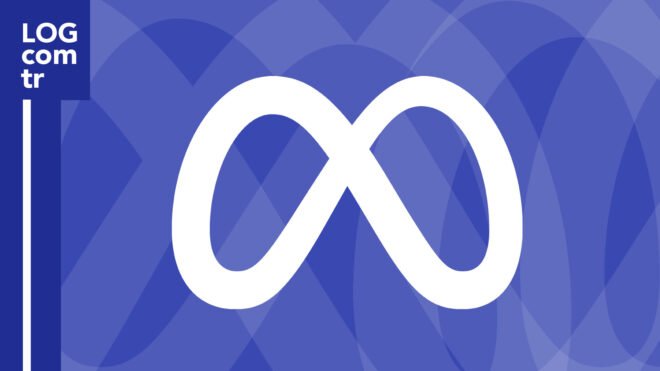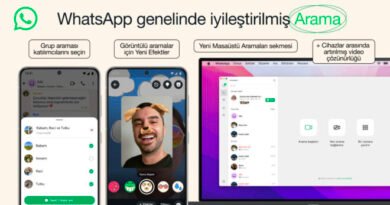
Meta, Reklam Hedeflemede Gençlerin Duygusal Durumlarını Kullanıyordu
Meta, the parent company of Facebook, Instagram, and WhatsApp, allegedly utilized the emotional states of teens in their ad targeting.This claim was made by Sarah Wynn-Williams, Facebook’s former Global Public Policy Director.
Williams, a recent whistleblower from Meta, stated that the company continuously monitored the emotional states of individuals aged 13 to 17 and shared this data with advertisers. Research indicates that individuals tend to make purchases when they are feeling down, and both Meta and advertisers seem to have exploited this situation secretly. Wynn-Williams provided a striking example: “If a teenage girl deletes a selfie she posted, this may indicate she is feeling insecure about her appearance. Advertisers view this situation, combined with data from Meta, as an opportune moment to market beauty products to her.”
Recently, Meta fired around 20 employees for leaking confidential information. The company stated, “We remind our employees at every opportunity that leaking internal information, regardless of intent, is against our policies. Following a recent investigation, about 20 employees were terminated for sharing confidential information outside the company, and we expect this number to rise in the future. We take this seriously and will continue to take action as soon as we detect any leaks.”
Prior to this, the company was in the news for significant infrastructure investments. Meta is set to invest $10 billion to lay over 50,000 kilometers of underwater fiber optic cables. The initiative, named “Project Waterworth,” will establish a fiber optic network exclusively for Meta’s use. The cable route is planned to extend from the East Coast of the U.S. to South Africa, then to India, followed by Australia, and ultimately back to the West Coast of the U.S. To protect against attacks and other risks, Meta aims to place the cables as deep as possible, with their services and platforms reportedly accounting for about 10% of global fixed Internet usage and 22% of mobile traffic.


